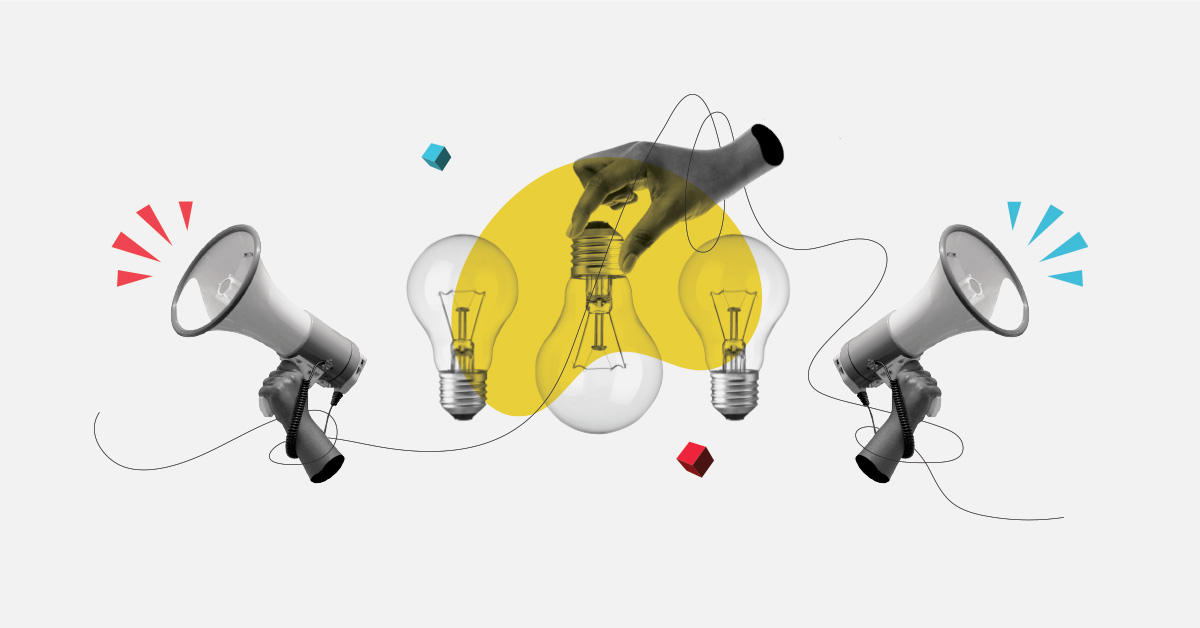Many people who use power wheelchairs have poor manual dexterity because of spinal cord, stroke or head injuries, or because of degenerative diseases. Even getting in and out of an accessible vehicle can be time-consuming, and sometimes dangerous, for them. Other tasks — such as taking a shower — require an attendant to drive the wheelchair away.
SmartChair gives people who use wheelchairs more freedom and self-reliance while significantly improving their safety and mobility. SmartChair is a control system which can easily be integrated with any existing power wheelchair. The goal of the project is to give users added independence by improving their control of their power wheelchair, regardless of their level of ability.
A power wheelchair outfitted with the SmartChair control system will also offer computer-assisted autonomous movement to its user, letting him or her automate certain tasks. That might include following a pre-defined path, getting in and out of an accessible van, or navigating indoors in narrow hallways, through doorways and around tight corners. It’s a technology based on lived experience: several years ago, Eightfold Inc.’s president, Ke Wang, had an accident; he has used a power wheelchair ever since, and the idea for SmartChair grew from barriers he faces every day.
The SmartChair project got a boost when it partnered with a team of four students from Algonquin College, led by researchers Dr. Theo Mirtchev and Dr. Bruno Rocha. With funding from Ontario Centres of Excellence and the Natural Sciences and Engineering Research Council, the students worked as research assistants from January 2016 to April 2017. They acquired experience in developing both hardware and software, control engineering, sensors and in testing and measuring technology.
SmartChair can change the lives of power wheelchair users every day, in a variety of ways. They include better control in narrow spaces such as doorways and ramps and the ability to “drive” the wheelchair when it’s empty because the user has transferred from it to bed, the couch or the shower. Changes such as those can reduce the cost of attendants and allow for greater independence. It’s also small and lightweight.


